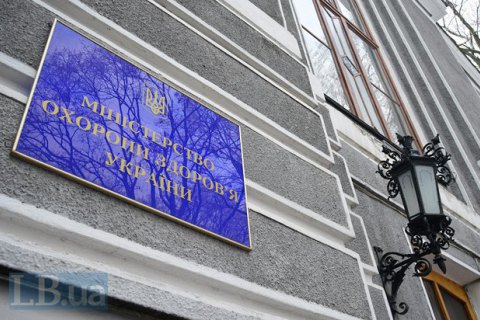Laboratory studies did not confirm the case of diphtheria in Luhansk Region, the Ministry of Health said in a release on Wednesday, 31 January.
"Laboratory studies in the microbiological reference laboratory of the Public Health Center of the Ministry of Public Health did confirm a suspicious case of diphtheria in Luhansk Region," the report said.
Due to the danger of the disease and low rate of vaccinations against diphtheria, the ministry recommends vaccination for children and adults (every 10 years).
"Diphtheria is an acute disease caused by toxin-producing strains of Corynebacterium diphtheriae bacteria, that is known to colonise mucous membranes. Following infection, after a usually short incubation period (2–5 days), the release of the cytotoxin may produce characteristic lesions on the affected mucous membranes or wounds. The toxin, once absorbed, reaches other organs and can cause myocarditis, paralytic symptoms and nephritis. In non-vaccinated individuals, and especially if proper treatment is delayed, death can occur in up to 10% of clinical cases," said the ministry.
Diphtheria is transmitted mainly by direct projection. The only way to protect against diphtheria and prevent development of dangerous complications is vaccination," the Ministry of Health stressed.
In Ukraine, vaccinations for diphtheria from children can be made free of charge with a whole-cell vaccine against whooping cough, diphtheria and tetanus DTP, which provides the best protection. There is also a free vaccine for the prevention of diphtheria and tetanus with a reduced content of antigen ADS-M, which is used for adults.
The epidemic of diphtheria in 1991-1998 affected about 20 thousand people, 696 died.








